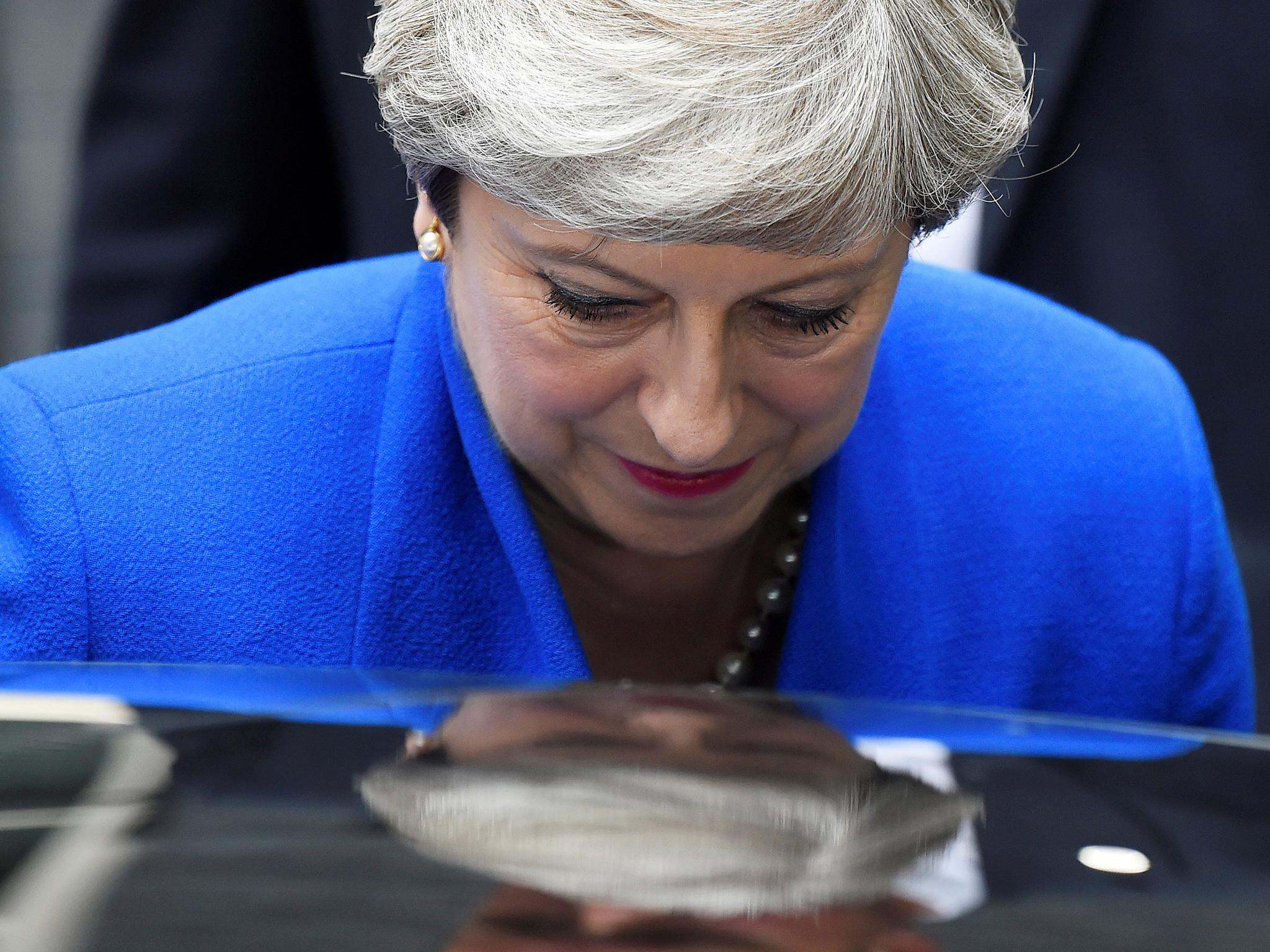The Queen's Speech marks a shift in favour of a softer Brexit
The real story behind Theresa May’s delayed presentation of her Government’s programme is the change in the balance of power in favour of those who want to prioritise the British economic interest as we leave the EU

Your support helps us to tell the story
From reproductive rights to climate change to Big Tech, The Independent is on the ground when the story is developing. Whether it's investigating the financials of Elon Musk's pro-Trump PAC or producing our latest documentary, 'The A Word', which shines a light on the American women fighting for reproductive rights, we know how important it is to parse out the facts from the messaging.
At such a critical moment in US history, we need reporters on the ground. Your donation allows us to keep sending journalists to speak to both sides of the story.
The Independent is trusted by Americans across the entire political spectrum. And unlike many other quality news outlets, we choose not to lock Americans out of our reporting and analysis with paywalls. We believe quality journalism should be available to everyone, paid for by those who can afford it.
Your support makes all the difference.It may be harder than usual to make sense of the Queen’s Speech this year. Some of the most significant things about the Government’s programme are the measures that will not be in it: the bill to withdraw winter fuel payments from better-off pensioners; the bill to end triple-lock rises to the state pension; and the bill to make homeowners pay for their own social care visits.
Other measures will not be laid before you, as Her Majesty might put it. There will be no repeal of the Fixed-term Parliaments Act. The new constituency boundaries, supposed to be finalised next year, will probably not take effect. And the creation of new selective schools seems rather unlikely.
Instead, the Government has put together some nonsense about rockets and some environmentally friendly – that is, recycled – legislation. There will be another bill for HS2 and electric cars. The first is the wrong priority, but the second is a good one. There will be welcome bills to cut excessive whiplash claims and to ban lettings fees.
The main business of this Parliament will be the Great Repeal Bill. This is the bill needed to end our membership of the European Union and at the same time to transpose EU law to the UK statute book. In addition, there will be an immigration bill to lay down the rules for when EU freedom of movement ends, and a trade bill – added to the Queen’s Speech at the last minute by Liam Fox, the International Trade Secretary – to prepare for trade deals outside the EU.
This Brexit legislation is so all-consuming that the Government has announced that there will be no Queen’s Speech next year. This is prudent planning: it is going to be hard enough to prepare legislation for Brexit without trying to manage a hung parliament as well over the coming 12 months.
The parliamentary battle over this legislation will be joined while another engagement takes place on a separate front in Brussels. The two negotiations, in the House of Commons and in the Berlaymont, will define the terms of our departure from the EU. And the real story of this Gracious Speech is the change in the balance of power on Theresa May’s side of both those negotiations.
Symbolically, Ms May has not secured an agreement with the Democratic Unionist Party in advance of the Queen’s Speech. This does not mean that the Prime Minister will be unable to secure the critical vote on the watered-down speech next week: the DUP has made it clear that it would not support a Labour government while Jeremy Corbyn is leader of the opposition. But it does underline the weakness of Ms May’s position.
For those, such as The Independent, who fear the damage that Brexit will do, this shift in the balance of power is welcome. It may not be possible to stop, delay or reverse Brexit, but the balance has shifted in favour of a Brexit that prioritises prosperity over cutting immigration.
Philip Hammond, the Chancellor, took advantage of the weakness of the Prime Minister who wanted to sack him to set out the changed priorities in his Mansion House speech this morning. “While we seek to manage migration, we do not seek to shut it down,” he said. The DUP’s leverage on the Government – however embarrassing for the Conservative brand on reproductive rights and gay equality – does at least guarantee a soft border in Ireland, which adds to the pressure for a softer Brexit.
For all the pomp, ceremony and post-election confusion, this Queen’s Speech marks a shift in the balance of power on Brexit, in favour of an open economy and against isolationism. This can only be good news.
Join our commenting forum
Join thought-provoking conversations, follow other Independent readers and see their replies
Comments